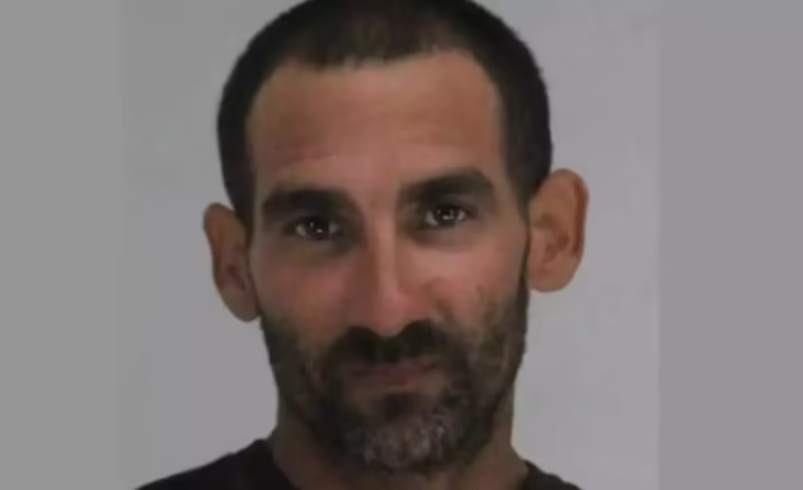Dallas Motel Tragedy: Suspect in Beheading Identified
- September 12, 2025
- 0

A shocking crime unfolded at a Dallas motel where Yordanis Cobos-Martinez is accused of beheading his colleague, Chandra Nagamallaiah, after a dispute. Cobos-Martinez, a migrant worker with a criminal past, was captured at the scene wielding the weapon. ICE reported he had been previously released under supervision due to deportation flight issues.
In a chilling event that has left the community in shock, Yordanis Cobos-Martinez allegedly committed a gruesome act at a Dallas motel. The suspect is accused of beheading his co-worker, Chandra Nagamallaiah, following an argument. This incident has raised serious concerns about safety and the circumstances leading to such violent acts.
Yordanis Cobos-Martinez, identified as a migrant worker, has a history that includes previous criminal activities. His past interactions with law enforcement have come under scrutiny as details emerge about his release under supervision by Immigration and Customs Enforcement (ICE). The lack of available deportation flights was cited as the reason for his release, highlighting ongoing challenges within immigration enforcement.
Chandra Nagamallaiah, the victim of this horrific crime, was reportedly involved in an altercation with Cobos-Martinez before the tragic event occurred. As investigations continue, friends and family of Nagamallaiah are left grappling with the loss and seeking justice for their loved one.
The involvement of ICE in this case has brought attention to broader issues within immigration policies and enforcement. The agency confirmed that Cobos-Martinez had been released under supervision due to logistical challenges in deportation processes. This situation underscores the complexities faced by immigration authorities in managing individuals with criminal backgrounds who remain in the country.
The local community has reacted with horror and disbelief at the nature of this crime. There is an ongoing dialogue about how such incidents can be prevented in the future and what measures need to be implemented to ensure public safety. The case also raises questions about support systems for migrant workers and how conflicts can escalate into violence.